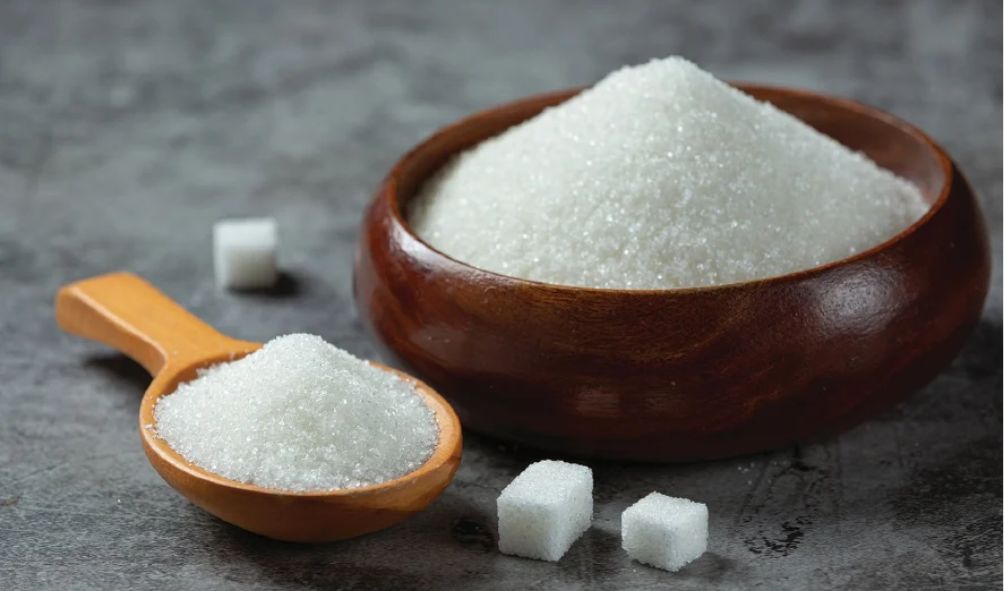WHO warns against using sugar substitutes for weight loss

WHO says non-sugar sweeteners for weight loss does not confer any long-term benefit in reducing body fat in adults or children
WHO says non-sugar sweeteners for weight loss does not confer any long-term benefit in reducing body fat in adults or children.
According to latest advice from the World Health Organization, avoid using sugar alternatives if you’re attempting to lose weight.
The use of NSS, or non-sugar sweeteners, “does not confer any long-term benefit in reducing body fat in adults or children,” the international health organization claimed after conducting a thorough evaluation of the existing evidence.
“Replacing free sugars with non-sugar sweeteners does not help people control their weight long-term,” said Francesco Branca, director of WHO’s department of nutrition and food safety.
“We did see a mild reduction of body weight in the short term, but it’s not going to be sustained.”
The guidance applies to all people except those with preexisting diabetes, Branca said.
Why? Simply because none of the studies in the review included people with diabetes, and an assessment could not be made, he said.
The review also indicated that there might be “potential undesirable effects” from the long-term use of sugar substitutes such as a mildly increased risk of type 2 diabetes and cardiovascular diseases.
However, “this recommendation is not meant to comment on safety of consumption,” Branca said.
“What this guideline says is that if we’re looking for reduction of obesity, weight control or risk of noncommunicable diseases, that is unfortunately something science been unable to demonstrate,” he said.
“It’s not going to produce the positive health effects that some people might be looking for.”
Non-sugar sweeteners are frequently used as an ingredient in prepared meals and beverages. Consumers will sometimes occasionally add them directly to food and beverages.
In 2015, the WHO released guidelines on sugar consumption, advising both adults and kids to keep their daily intake of free sugars to less than 10% of their total calorie intake.
According to the review, interest in sugar substitutes increased as a result of the advice.
“This new guideline is based on a thorough assessment of the latest scientific literature, and it emphasises that the use of artificial sweeteners is not a good strategy for achieving weight loss by reducing dietary energy intake,” said nutrition researcher Ian Johnson, emeritus fellow at Quadram Institute Bioscience, formerly the Institute of Food Research, in Norwich, United Kingdom.
“However, this should not be interpreted as an indication that sugar intake has no relevance to weight-control,” Johnson said in a statement.
Mackenzie’s diet reveals how he feasted like a King as Shakahola followers starved to death
20 students losses consciousness after police lob tear gas into school
Instead, one should cut back on using sugar-sweetened drinks, and try to use “raw or lightly processed fruit as a source of sweetness,” Johnson added.
Results from randomized trials found the use of non-sugar sweeteners had a “low” impact on reducing body weight and calorie intake when compared with sugar, and no change in Intermediate markers of diabetes such as glucose and insulin, according to the report.
Observational studies also found a low impact on body weight and fat tissue, but no change in calorie intake.
However, those studies found a low increase in risk for type 2 diabetes, high blood pressure, stroke, heart disease and death from heart disease, the report noted.
WHO said that the recommendation was “conditional” because the identified link between sweeteners and disease outcomes might be confounded by complicated patterns of sweetener use and the characteristics of the study participants.
Also read,
Maize flour prices to increase over 10pc tax on kraft Liner, manufacturers warn
Foreign Affairs Ministry breaks silence on Canada jobs confusion
Follow us




